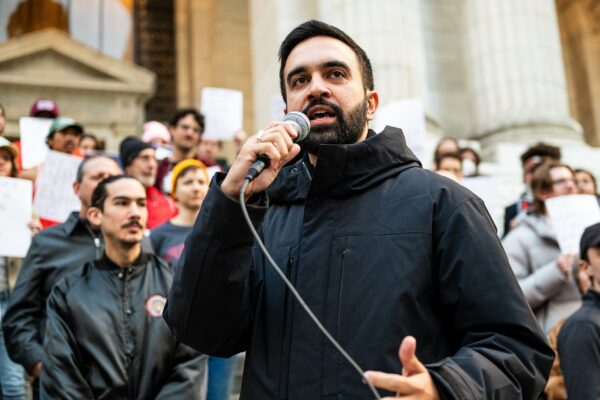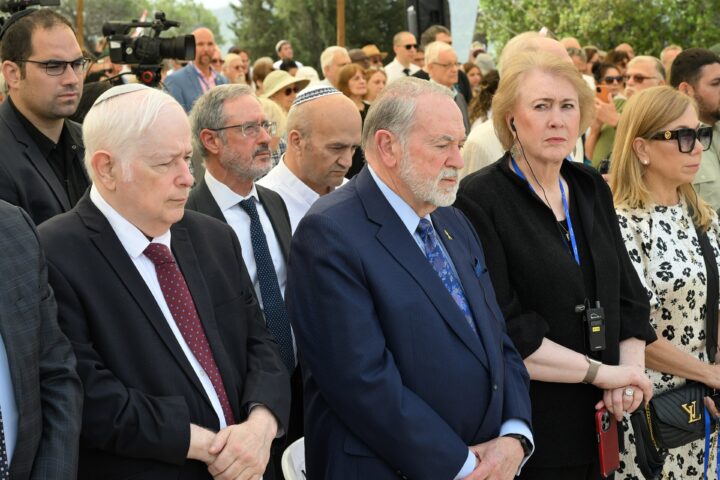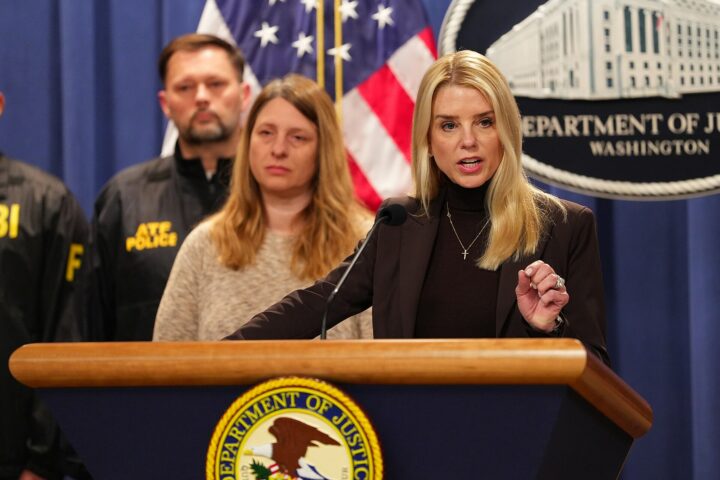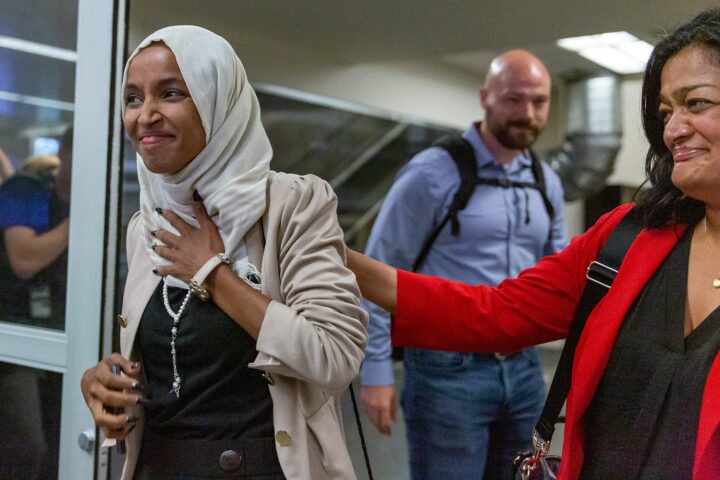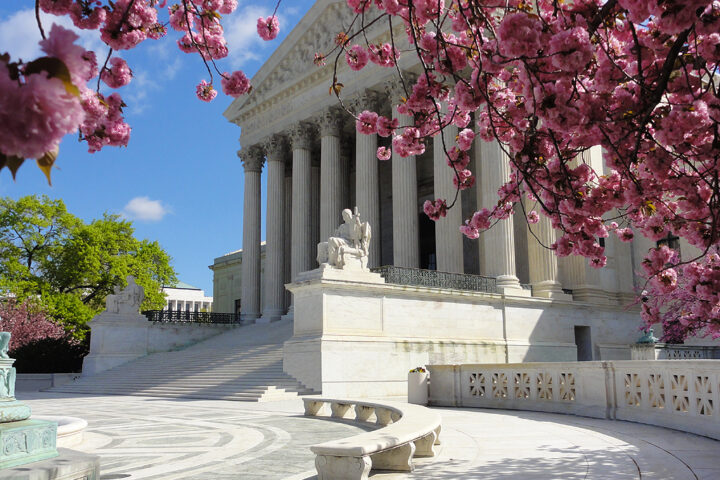Zohran Mamdani, the Democratic nominee for New York City mayor, used a Friday appearance outside a Bronx mosque to respond to what he called “racist, baseless” attacks against him, portraying criticisms of his record and religious beliefs as part of a broader wave of “Islamophobia.”
Mamdani, a Ugandan immigrant who became a naturalized U.S. citizen in 2018, has drawn sharp scrutiny from rivals while running for the city’s highest office. He noted that he had believed “if I behaved well enough or bit my tongue enough in the face of racist, baseless attacks… it would allow me to be more than just my faith.” But, he continued, “I was wrong. No amount of redirection is ever enough.”
Republican nominee Curtis Sliwa has accused Mamdani of supporting a “global jihad,” while independent candidate and former governor Andrew Cuomo appeared to agree with a radio host’s suggestion that Mamdani would be “cheering” if “another 9/11” occurred. Mamdani referenced those attacks directly, saying the criticism was rooted in prejudice against Muslims, including those who share his Shia beliefs.
In emotional remarks, Mamdani linked the present-day political rhetoric to events that followed the September 11, 2001 terrorist attacks on New York City. Choking back tears, he said: “I want to use this moment to speak to the Muslims of New York City; I want to speak to the memory of my aunt who stopped taking the subway after September 11th because she did not feel safe in her hijab.”
The majority of the 2,977 victims of the attacks were murdered in New York City by radical Islamic terrorists. Against that backdrop, some observers have questioned Mamdani’s decision to elevate his aunt’s fear of harassment as a focal point, suggesting that emphasizing her experience — however real — could appear detached from the profound suffering endured by thousands of families that day.
Still, Mamdani portrayed the pushback as evidence that his place in civic life is being unfairly reduced to his faith. He argued that criticisms of his views and background reveal a refusal by his opponents to accept a Muslim candidate as a full participant in the city’s future. “I thought that if I behaved well enough or bit my tongue enough… it would allow me to be more than just my faith,” he repeated.
His comments signaled a shift from the quieter posture he adopted earlier in the campaign, as he has attempted to deflect accusations that he harbors extreme positions. He described his remarks as an effort to reassure Muslim New Yorkers who, like his relatives, have experienced suspicion and hostility.
With the city’s political establishment sharply divided and rhetoric escalating, the moment underscored the uneasy balance Democrats have sought to maintain: defending diversity in leadership while confronting questions about security and national loyalty that continue to shape public debate more than two decades after 9/11.
[READ MORE: Chicago’s Crime Record Draws Scrutiny as Governor Gets Grilled on City’s Decline]

